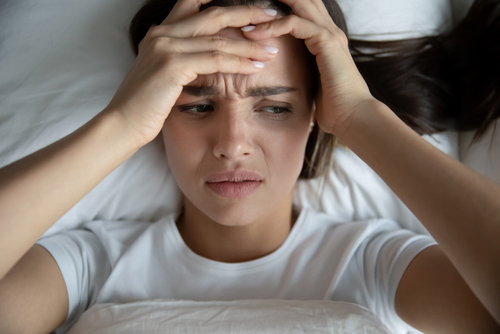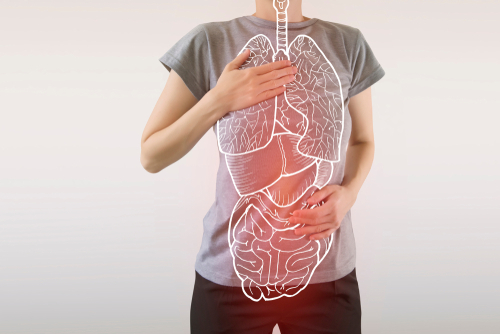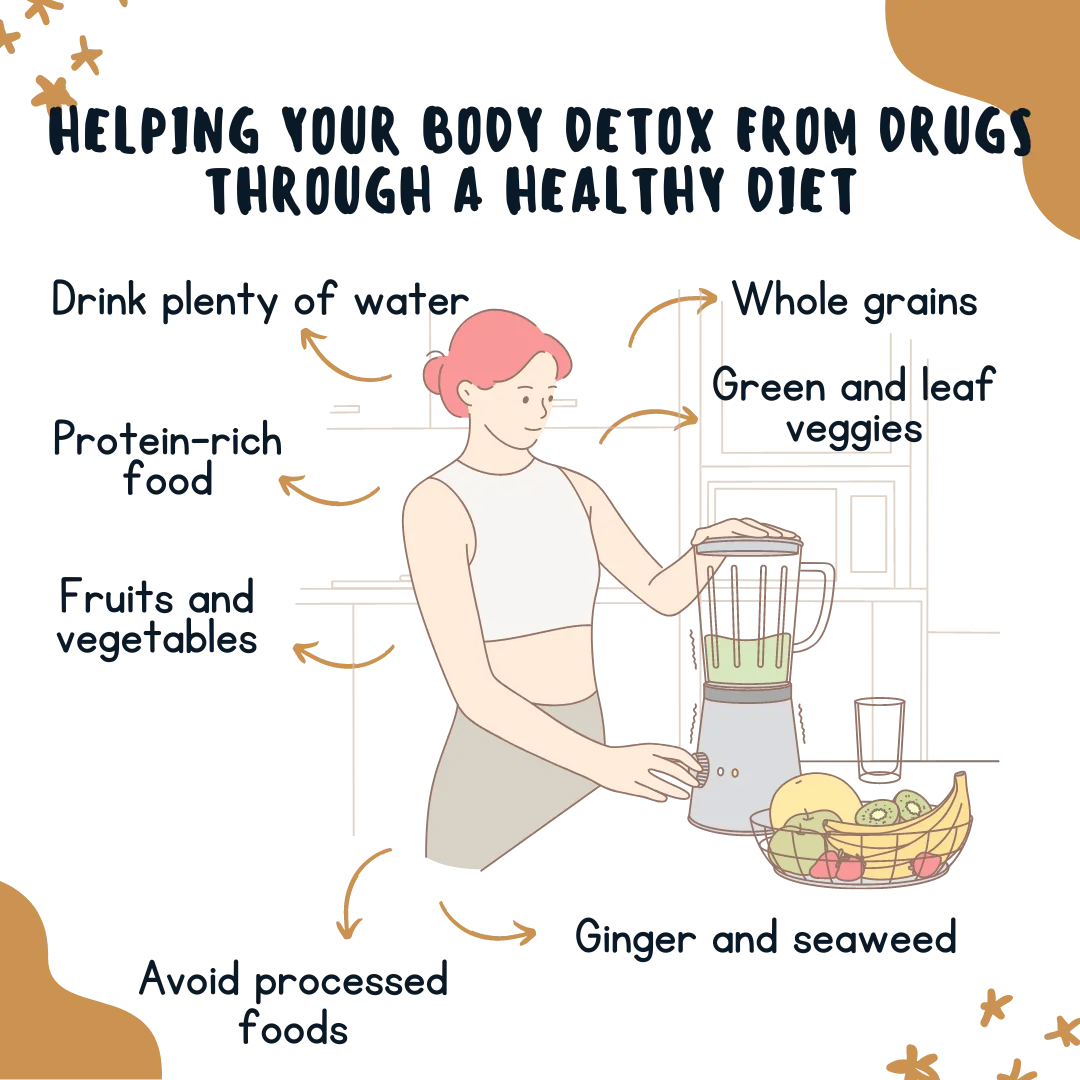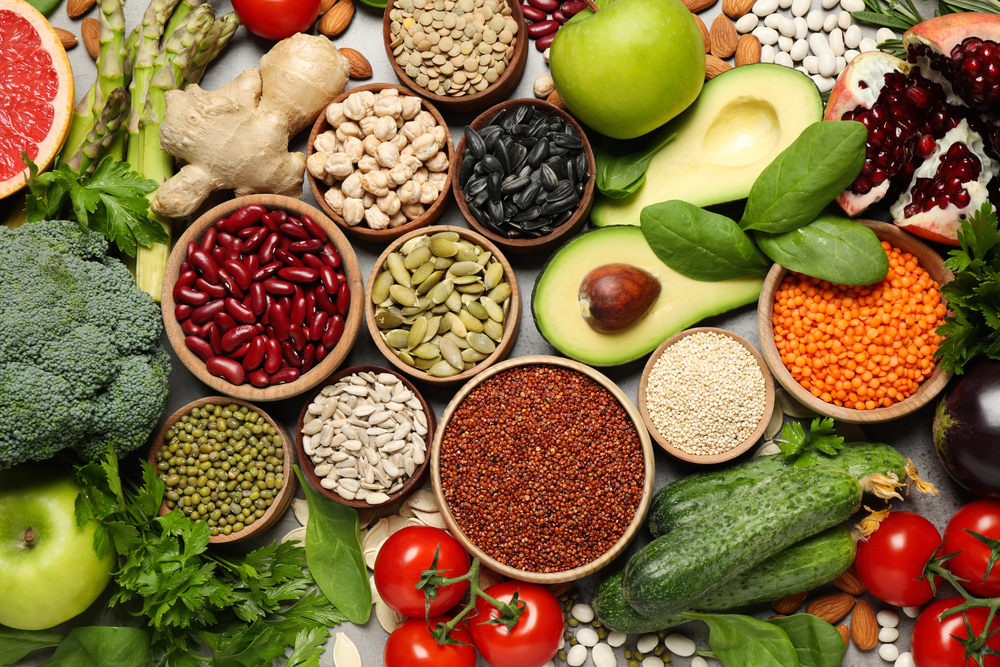If you want to know if your body detoxes from drugs when you start eating healthy, this is the article for you. Addiction can consume a person’s life and disrupt their mental and cognitive behaviors. But, most people are unaware of a drug addiction’s effects on their bodies, especially their energy, organ functions, and weight.
Yes, your body can detox from drugs when you start eating healthy. Once you’ve finished this article, you’ll learn how different drugs impact your body, how to replace lost nutrients, and more.
Is Eating Healthy Enough To Detox From Drugs?
No, eating healthy is not the only thing you should do if you’re trying to detox from drugs. While eating healthy can replace many of the lost nutrients in your body neglected during addiction, it’s not enough to help you through withdrawal symptoms or the mental challenges that arise during the early stages of detox and recovery.
These early stages of drug or alcohol detox can begin anywhere between a few hours after your last use or a full day later, depending on the addiction’s severity and the type of drug. Most central nervous system depressants, like prescription opioids, alcohol, benzodiazepines, and barbiturates, have the quickest and most severe withdrawal symptoms. The earliest withdrawal symptoms include muscle aches, irritability, insomnia, and cravings, but most people compare these to a bad case of the flu.
The next stage of the detox process is when withdrawal symptoms begin to peak and worsen, but this is also a sign the detox is ending soon. This stage is when detox professionals can offer the most help, including administering sedatives, painkillers, and electrolytes to reduce pain and make the final stages as easy as possible.

The Impact Of Drugs On Your Body
Substance abuse directly affects the body and can cause damage or deterioration to organs and bodily functions. Drug abuse can also cause negative lifestyle changes, such as erratic eating habits and poor diet. Here’s how specific drugs impact your body.
Opiates and opioids: Codeine, oxycodone, heroin, morphine, and other opioids can affect the gastrointestinal system. During the withdrawal process, individuals may experience constipation, diarrhea, nausea, and vomiting, leading to a shortage of necessary nutrients and electrolytes, such as sodium, potassium, and chloride, which are vital for proper bodily function.
Alcohol: Alcohol use is one of the biggest causes of B vitamin deficiencies (B1, B6, and folic acid). These deficiencies can result in anemia and neurologic problems. Heavy alcohol use also can lead to Wernicke-Korsakoff syndrome (“wet brain”) due to a lack of vitamin B1. Alcohol also damages the liver and pancreas, two organs involved in metabolism and nutrition, leading to imbalanced fluids, calories, protein, and electrolytes. This can result in complications such as diabetes, high blood pressure, cirrhosis, seizures, severe malnutrition, and shortened life expectancy.
Stimulants: Stimulant use, including crack, cocaine, and methamphetamine, can cause a reduction in appetite, leading to weight loss and poor nutrition. Individuals who use these drugs may stay awake for prolonged periods and experience dehydration and electrolyte imbalances during these episodes. Returning to a normal diet may be challenging for those who have lost significant weight. Long-term use of stimulants can result in permanent memory problems, which are a common complication.
Cannabis: Marijuana has been shown to increase appetite in users (also known as “munchies”). Individuals who use marijuana regularly for a long time can gain unexpected weight and need to reduce their fat, sugar, and total calorie intake.

Why You Should Replace Lost Nutrients After An Addiction
Nutrients serve as an energy source for the body and provide essential substances that help build and maintain healthy organs while boosting the immune system to fight off infections. Various misused substances can have a suppressive effect on appetite or trigger cravings for foods that are high in processed sugars and fats. While struggling with a drug or alcohol addiction, users may notice they are:
- Regularly eating snack foods, fried foods, fast foods, and other junk foods.
- Skipping meals because of a substance’s appetite suppression.
- Losing muscle mass and weight.
- Gaining unexpected amounts of weight.
- Getting sick more often.
The National Library of Medicine reports that drug use often results in a lower intake of nutrients, leading to deficiencies in a variety of vitamins and minerals, such as:
- Riboflavin
- Thiamin
- Pyridoxine
- Vitamin C
- Folate
- Vitamin D
- Copper
- Calcium
- Magnesium
- Zinc
- Selenium
- Vitamin A
- B Vitamins
- Vitamin E
- Iron

How To Help Your Body Detox From Drugs
Here are seven ways to replace lost nutrients and lessen drug or alcohol withdrawal symptoms.
Water: Experts recommend drinking six to eight 8-ounce glasses of water daily to hydrate the body, which has likely suffered from a lack of hydration for an extended period. While water has no nutritional value, it can increase oxygen levels and remove toxins from your body.
Protein-rich foods: Consuming protein can repair tissues, cells, and organs damaged by substance use disorders. Some healthy protein options include peanuts, pistachios, black beans, chickpeas, soybeans, tofu, lentils, quinoa, farro, and chia seeds.
Fruit and vegetables: The high fiber content in fruits and vegetables allows them to move quickly through your digestive system, removing any toxins as they pass. They also help restore lost amino acids like tyrosine, which increases dopamine levels. Some beneficial fruits and veggies include raspberries, pears, oranges, strawberries, bananas, figs, bell peppers, avocados, tomatoes, beets, oranges, or lemons.
Avoid processed foods: Processed foods refer to any type of food that has undergone some form of processing, including canning, freezing, drying, or baking. These foods can strain the liver, which is already working hard to eliminate toxins from the body. When selecting foods, read nutritional labels and choose products with no more than 3 grams of total fat, 1.5 grams of saturated fat, 5 grams of total sugars, and 3 grams of total salt.
Eat whole grains: During detox, it’s important to consume carbohydrates and fiber-rich foods to satiate sugar cravings and stabilize blood sugar. Brown rice, popcorn, oatmeal, whole-wheat crackers, pasta, and bread are good sources of fiber and carbohydrates. However, it’s recommended to avoid refined foods like white bread in the long run as they offer less nutritional value.
Eat green and leaf veggies: Eat foods that are good for your liver, such as artichokes, watercress, cilantro, parsley, broccoli, cabbage, Brussels sprouts, and kale. Additionally, incorporate healthy fats and oils into your diet. Foods such as beans, lettuce, spinach, peas, and asparagus are rich in folic acid, vitamin B-6, and other essential nutrients for your liver.
Eat ginger and seaweed: When detoxing, it is recommended to eat two to three ounces of seaweed daily to absorb its omega 3s, polyunsaturated fatty acids (PUFA), and highly unsaturated fatty acids (HUFA). This is because the active ingredient in seaweed, sodium alginate, binds to remnants of drugs and prevents them from being absorbed into the body. In addition, ginger tea can also be beneficial during detox as it contains gingerol, which can cause sweating and help sweat out remnants of the drug from the body.
By addressing the role of nutrition in recovery and incorporating a balanced diet into a treatment plan, individuals can rebuild their physical health and provide their brains with the nutrients it needs to think, heal, and recover.

Contact MD Home Detox
If you or a loved one is struggling with an addiction and needs help detoxing their body from drugs and alcohol, contact MD Home Detox. Our at-home medically assisted detox programs can help you go through severe withdrawal symptoms in the comfort of your own home. We’ll help you find a healthy diet to help your body remove harmful toxins and create a comprehensive treatment plan so you can focus on your recovery and clean future.

